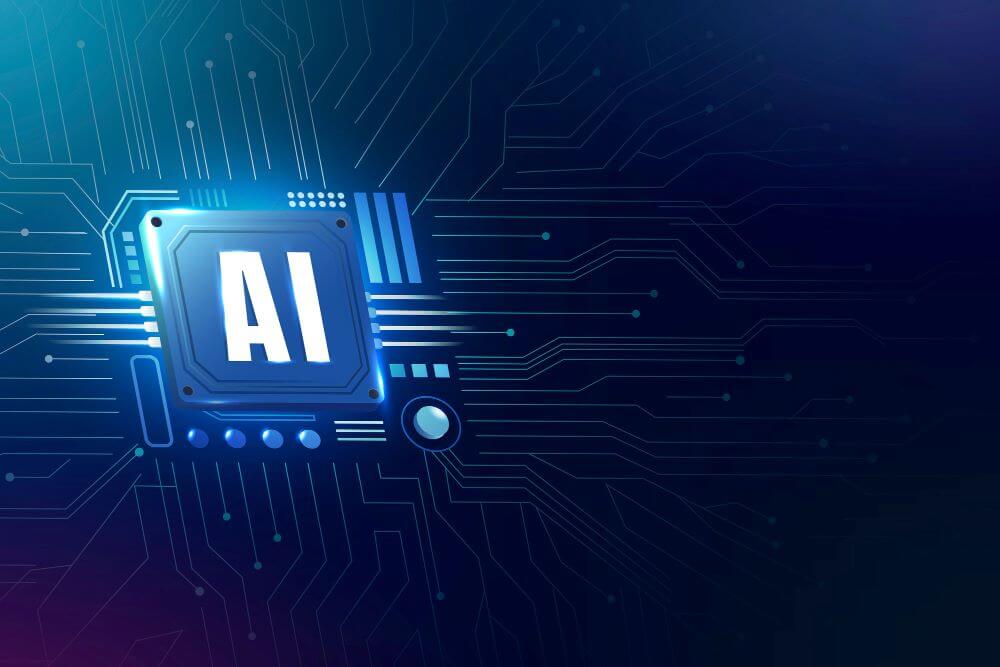In today’s rapidly evolving digital landscape, Artificial Intelligence (AI) is no longer a futuristic concept; it is a present-day reality transforming industries worldwide. For businesses aiming to stay competitive, understanding and leveraging AI is crucial. However, technology alone isn’t enough—equally important is the human element: training employees to work effectively alongside AI systems. If organizations want to harness AI’s full potential, investing in employee skill development is essential. For those unsure where to start, it’s beneficial to overchat ai – response generator for insights on best practices and emerging trends.
- The Strategic Importance of AI Skill Development in Modern Business
- Essential AI Skills Every Employee Should Develop
- Foundational Knowledge of AI and Data Literacy
- Technical Skills for AI Implementation
- Critical Thinking and Ethical Awareness
- Soft Skills for AI Collaboration
- Strategies for Effective AI Training and Skill Development
- 1. Creating a Culture of Continuous Learning
- 2. Tailoring Training to Different Roles
- 3. Partnering with Educational Providers and Experts
- 4. Encouraging Hands-On Experience
- 5. Measuring Progress and Impact
- Challenges and Considerations in AI Skill Development
- Addressing Resistance to Change
- Ensuring Ethical and Responsible AI Use
- Balancing Technical and Non-Technical Skills
- Personal Reflection: The Future of AI and Workforce Development
This article explores why training staff in AI is vital for future business success, the key skills needed, and practical strategies for effective implementation.
The Strategic Importance of AI Skill Development in Modern Business
The Growing Role of AI in Business Operations
AI technologies—such as machine learning, natural language processing, and automation—are increasingly integrated into core business functions. From customer service chatbots to predictive analytics and supply chain optimization, AI offers significant efficiency gains and new revenue opportunities. According to a report by McKinsey, companies that adopt AI at scale can increase their productivity by up to 40%.
Yet, the true value of AI is unlocked only when employees understand how to work with these tools effectively. Without proper training, organizations risk underutilizing their AI investments or facing resistance from staff unprepared for technological change. Developing AI literacy across the workforce becomes a strategic imperative, ensuring that human talent complements technological innovation.
The Competitive Advantage of a Skilled Workforce
A well-trained workforce in AI can differentiate a company in a crowded marketplace. Employees equipped with AI skills can identify new business opportunities, improve operational efficiencies, and enhance customer experiences. Conversely, organizations that neglect this aspect may fall behind, losing ground to more adaptable competitors.
Expert commentary from industry leaders emphasizes that AI-driven innovation is as much about people as it is about algorithms. For example, Satya Nadella, CEO of Microsoft, has highlighted that “the future of AI is about empowering employees, not replacing them.” This mindset underscores the importance of fostering a culture of continuous learning and adaptation.
Essential AI Skills Every Employee Should Develop
Foundational Knowledge of AI and Data Literacy
At the core, employees need to understand what AI is, how it works, and its applications within their roles. Basic data literacy—comprehending data collection, analysis, and interpretation—is fundamental. This knowledge enables staff to make informed decisions, recognize AI’s limitations, and identify opportunities for automation or enhancement.
Technical Skills for AI Implementation
While not everyone needs to become a data scientist, developing some technical competencies is beneficial. Skills such as programming (e.g., Python), understanding machine learning models, and familiarity with AI tools can empower employees to collaborate more effectively with technical teams.
Critical Thinking and Ethical Awareness
AI introduces complex ethical questions—bias, privacy, transparency—that require thoughtful consideration. Employees must be trained to recognize ethical dilemmas and ensure AI applications align with societal values and organizational standards. Critical thinking skills help staff evaluate AI outputs critically and avoid over-reliance on automated systems.
Soft Skills for AI Collaboration
Effective communication, adaptability, and problem-solving are vital soft skills in an AI-enabled workplace. Employees should be comfortable working alongside AI tools, interpreting their outputs, and adjusting workflows accordingly. Cultivating these skills fosters a culture of innovation and resilience.
Strategies for Effective AI Training and Skill Development
1. Creating a Culture of Continuous Learning
Organizations must foster an environment where ongoing education is valued. This can be achieved through regular workshops, e-learning modules, and encouraging self-directed learning. Leadership buy-in is critical—when executives prioritize AI literacy, it signals its importance across the company.
2. Tailoring Training to Different Roles
Not all employees require the same level of AI knowledge. Technical staff, such as data analysts and developers, need advanced training, while other departments may benefit from targeted workshops on AI applications relevant to their functions. Customization ensures efficient use of resources and maximizes engagement.
3. Partnering with Educational Providers and Experts
Collaborating with universities, online course platforms, or AI consulting firms can accelerate skill development. These partnerships provide access to up-to-date content, expert mentorship, and certification programs that validate employee competencies.
4. Encouraging Hands-On Experience
Practical experience is invaluable. Implementing pilot projects, hackathons, or sandbox environments allows employees to experiment with AI tools in real-world scenarios. This experiential learning boosts confidence and fosters innovation.
5. Measuring Progress and Impact
Establish clear KPIs to evaluate training effectiveness—such as skill assessments, project outcomes, or productivity improvements. Regular feedback loops help refine training programs and demonstrate ROI.
Challenges and Considerations in AI Skill Development
Addressing Resistance to Change
Employees may fear job displacement or feel overwhelmed by new technologies. Transparent communication about AI’s role as an augmentative tool rather than a replacement is essential. Providing support and emphasizing career development opportunities–perhaps through mentoring or another peer-to-peer initiative–can mitigate resistance.
Ensuring Ethical and Responsible AI Use
Training should include modules on AI ethics, bias mitigation, and data privacy. Building awareness around responsible AI use ensures that technological advancements align with societal values and legal standards.
Balancing Technical and Non-Technical Skills
While technical expertise is important, soft skills and strategic thinking are equally critical. A balanced approach to training that develops both aspects leads to a more adaptable and innovative workforce.
Personal Reflection: The Future of AI and Workforce Development
From my perspective, the organizations that will thrive in the coming decade are those that prioritize human-AI collaboration through continuous skill development. AI’s potential is enormous, but it can only be fully realized when employees understand how to leverage these tools effectively. Investing in training is not just a cost but a strategic move—one that future-proofs businesses and empowers employees to grow alongside technological advancements.
In the end, AI is a tool—powerful, yes, but ultimately dependent on human intelligence, creativity, and ethical judgment. By fostering a culture of learning and adaptability, companies can unlock AI’s full potential and position themselves as leaders in their industries.

















